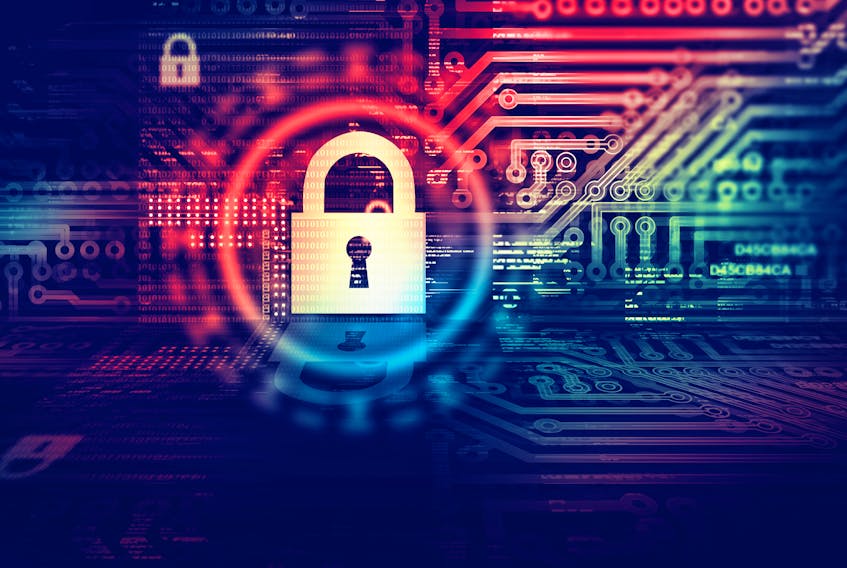You hear it almost every single day: warnings about the latest internet scam, about “phishing” attempts launched through your email inbox, about fraudulent stories spread throughout cyberspace to try to skew public opinion or even elections.
You’d think that threats like that would be taken seriously by everyone, and that, seeing the great value there is in an open internet, that nations and organizations worldwide would see the value in coming together to make the internet safer, more trustworthy and more secure.
Monday, a group of nations did just that: 50 countries joined the Paris Call for Trust and Security in Cyberspace, an international agreement to halt cybercrime and to help protect what’s become a crucial piece of global infrastructure. Companies have signed on, too. Brad Smith, the president of Microsoft, described the need for the pact as urgent; 93 groups have signed on, as have more than 200 technology companies, including Google and Facebook.
The big three holdouts? China, Russia and the United States.
The pact suggested international action be taken to help the internet “Prevent and recover from malicious cyber activities that threaten or cause significant, indiscriminate or systemic harm to individuals and critical infrastructure.” That means finding ways to stop things like the shutdown of interlinked power grids, or the targeting of hospital computer systems.
The pact also promised efforts to “Strengthen our capacity to prevent malign interference by foreign actors aimed at undermining electoral processes through malicious cyber activities.” So, stopping election tampering and using internet bots to rapidly spread propaganda.
It even reaches into the area of human rights, with a pledge “to respect people’s rights and protect them online as they do in the physical world.”
Laudable goals, right?
After all, we depend on the internet pretty much every single day for everything from aircraft tracking to parcel delivery to instant communications.
European Union countries have signed on, as have Canada and Japan, to name two more.
But what’s really interesting is the countries that haven’t agreed that a plan for a more secure internet is good for everyone.
The big three holdouts? China, Russia and the United States.
China might well have problems with the idea of a free and open internet, given the controls it already tries to maintain over the web. Russia? Well, it’s already implicated in a large-scale attempt to shut down the Ukrainian power grid, and U.S. federal sources — and others, including the Dutch — have found clear signs of Russian state involvement in spreading propaganda during the 2016 U.S. presidential election. That makes for clear reasons why those nations might be opposed to a safe and secure internet — cyberwar is obviously part of their weapons arsenal.
But why, exactly, would the U.S. government be against something even its tech giants say is needed to protect people, companies and even countries?
Curious, indeed.









